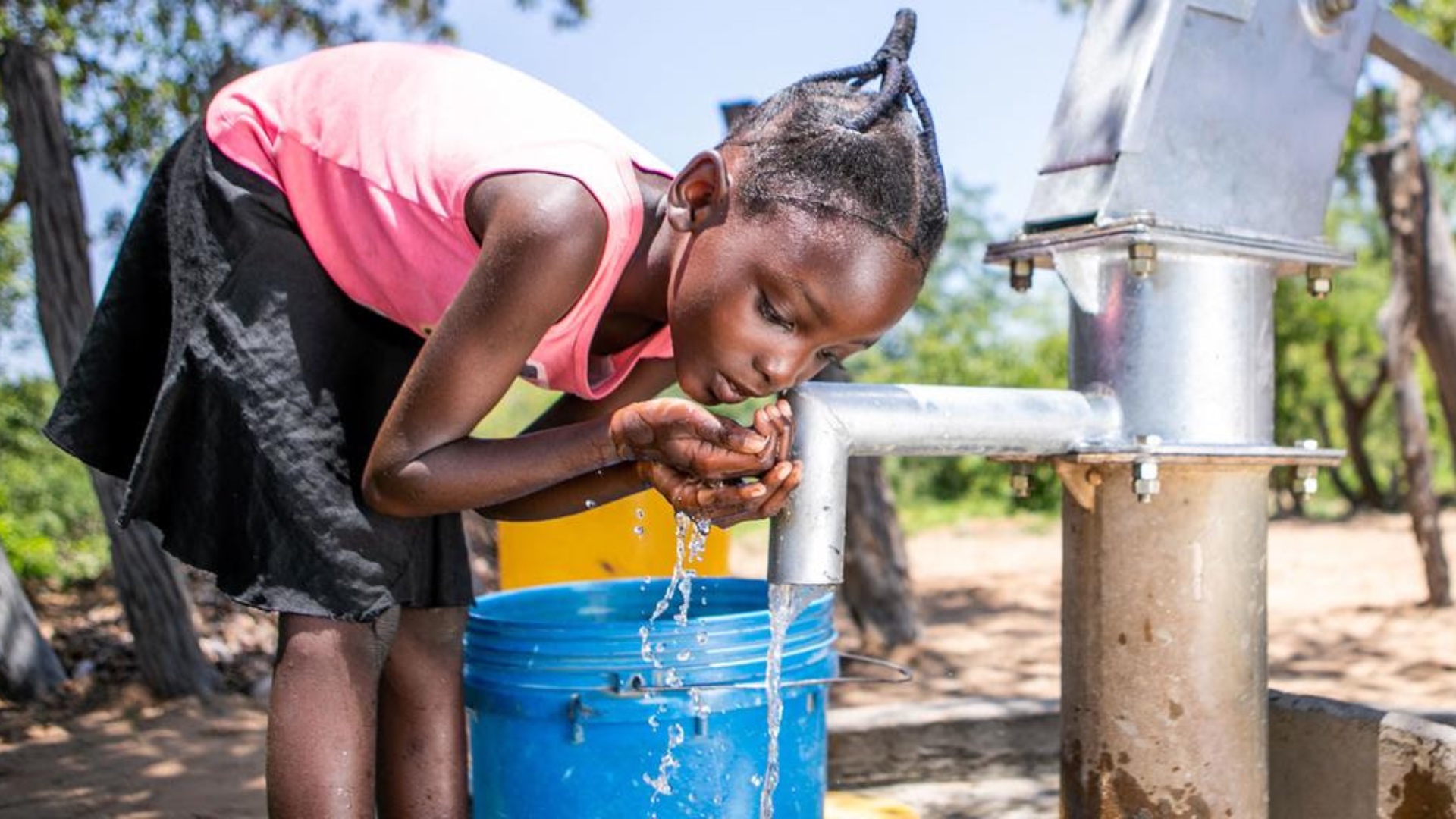The Jesuit Justice and Ecology Network – Africa (JENA) is a continental network of Jesuit institutions, ministries, and partners working towards social justice and environmental sustainability. Since its establishment in 2012, JENA has been committed to promoting a holistic approach to development that takes into account the interconnectedness of human rights, social justice, and ecological sustainability. JENA works as part of the global movement that works towards creating a just and sustainable world by engaging in advocacy, research, and networking activities. The United Nations (UN) is holding the 2023 Water Conference taking place in New York at the UN Headquarters from 22nd to 24th March 2023. JENA has been invited to participate in the conference.
JENA’s participation in the conference is crucial. It is a contribution to addressing water-related challenges in Africa. Water is an essential resource for life and is critical to human survival, economic development, and ecosystem health. Sustainable Development Goal 6is focused on clean water and sanitation. Access to safe water, sanitation and hygiene is the most basic human need for health and well-being. Unless do something to quadruple current progress, billions of people will lack access to these basic services in 2030, the target year for SDGs. In Africa and elsewhere, demand for water is rising owing to rapid population growth, urbanization and increasing water needs from agriculture, industry, and energy sectors.
Access to safe and clean water is still a significant challenge in many parts of Africa. According to the UNICEF, worldwide, 2.2 billion people still lack access to safe drinking water; more than half of the global population does not have access to safe sanitation, three billion people do not have access to handwashing facilities with soap and still, 673 million people practice open defecation. Sub-Saharan Africa being the most affected region. Water scarcity, pollution, and inadequate water infrastructure are among the main causes of the water crisis in the region. This has adverse effects on health, food security, and economic development, particularly for marginalised and vulnerable communities.
JENA’s Contributions to Water Resource Management
A number of JENA member institutions have been at the forefront of efforts to promote water resource management in Africa. Through its network of Jesuit institutions, ministries, and partners, JENA has been involved in various initiatives aimed at addressing water-related challenges in the region. One of the notable initiatives is the Water, Sanitation, and Hygiene (WASH) program, which focuses on providing access to clean water, sanitation, and hygiene education to underserved schools and communities. JENA has also been involved in promoting sustainable agriculture practices that conserve water and enhance food security.
Furthermore, JENA has been involved in advocacy efforts aimed at influencing policy and governance related to water resource management. For instance, some JENA member institutions have been working with governments, civil society organisations, and other stakeholders to promote the implementation of the African Water Vision 2025, which seeks to promote integrated water resource management and sustainable development. JENA has also been involved in advocating for the recognition of water as a human right, and the promotion of participatory governance and transparency in water resource management.
The Significance of JENA’s Participation in the 2023 UN Water Conference
JENA’s participation in the 2023 UN Water Conference is significant in various ways. Firstly, JENA’s participation provides an opportunity for the network to showcase its work and contributions towards addressing water-related challenges in Africa. This will enable JENA to highlight the importance of a holistic approach to development that integrates social justice and ecological sustainability in water resource management.
Secondly, JENA’s participation in the conference provides an opportunity for the network to learn from other stakeholders involved in water resource management. The conference has brought together experts, policymakers, civil society organisations, and other stakeholders to share knowledge and experiences on water-related challenges and solutions. This will enable JENA to learn from best practices and innovative approaches towards addressing water-related challenges in Africa.
Thirdly, JENA’s participation in the conference provides an opportunity for the network to contribute to the global discourse on water resource management. The conference is providing a platform for stakeholders to discuss and develop recommendations on how to address water-related challenges at the global level. JENA’s participation will enable the network to contribute its unique perspective and experiences towards the development of solutions that are context-specific and relevant to Africa.
Conclusion
As note already, access to water is essential for the basic needs of human survival, such as drinking, cooking, and hygiene. Unfortunately, many communities in Africa and around the world lack access to safe and clean water, which has a significant impact on social justice. The Jesuit Universal Apostolic Preferences (UAPs), especially the fourth UAP, emphasise the need to work towards a more just and sustainable world, to care for the environment and promote social justice.This includes promoting access to clean water for all communities, regardless of their social or economic status.
Water scarcity disproportionately affects marginalised communities, such as those living in poverty or in areas affected by conflict or natural disasters. When people do not have access to safe and clean water, their health is compromised, and they are forced to spend a significant amount of time and resources on finding and transporting water. This creates a cycle of poverty and inequality that perpetuates social injustice. By prioritising water as a basic human right, we can help create a more equitable and just society. In addition, by caring for the environment and using resources responsibly, we can ensure that future generations will have access to this essential resource as well.


